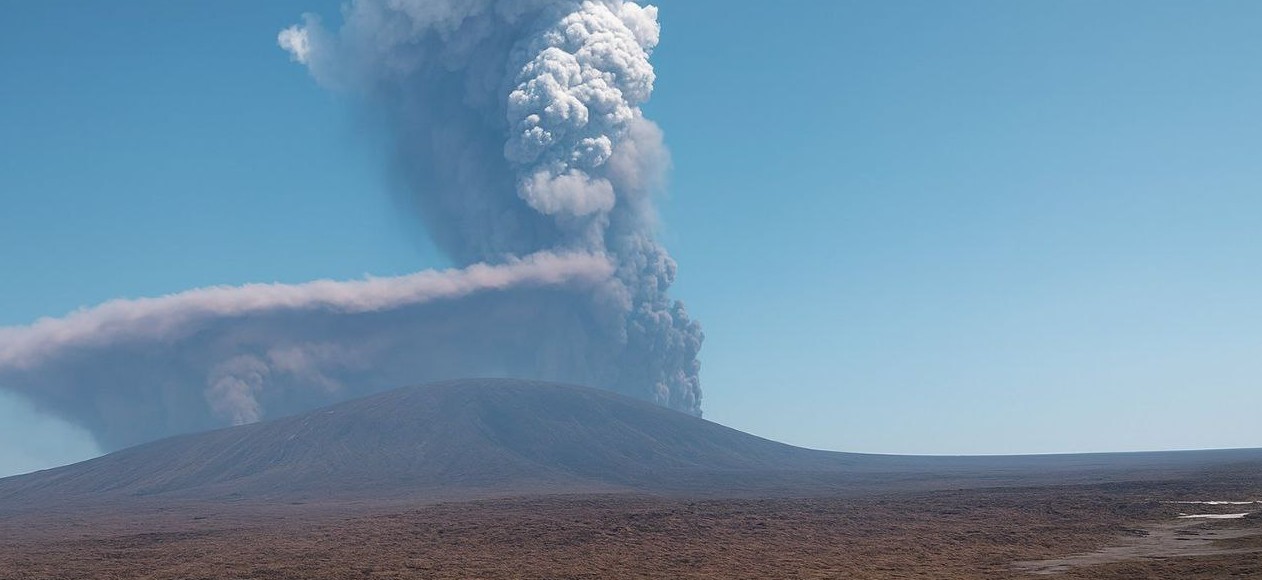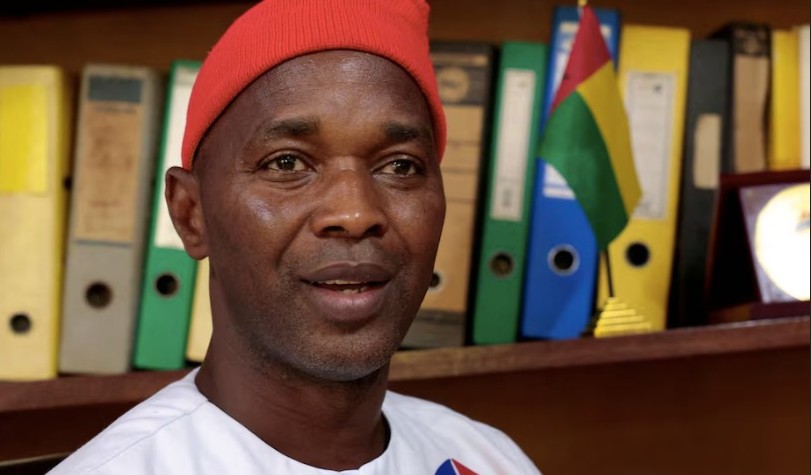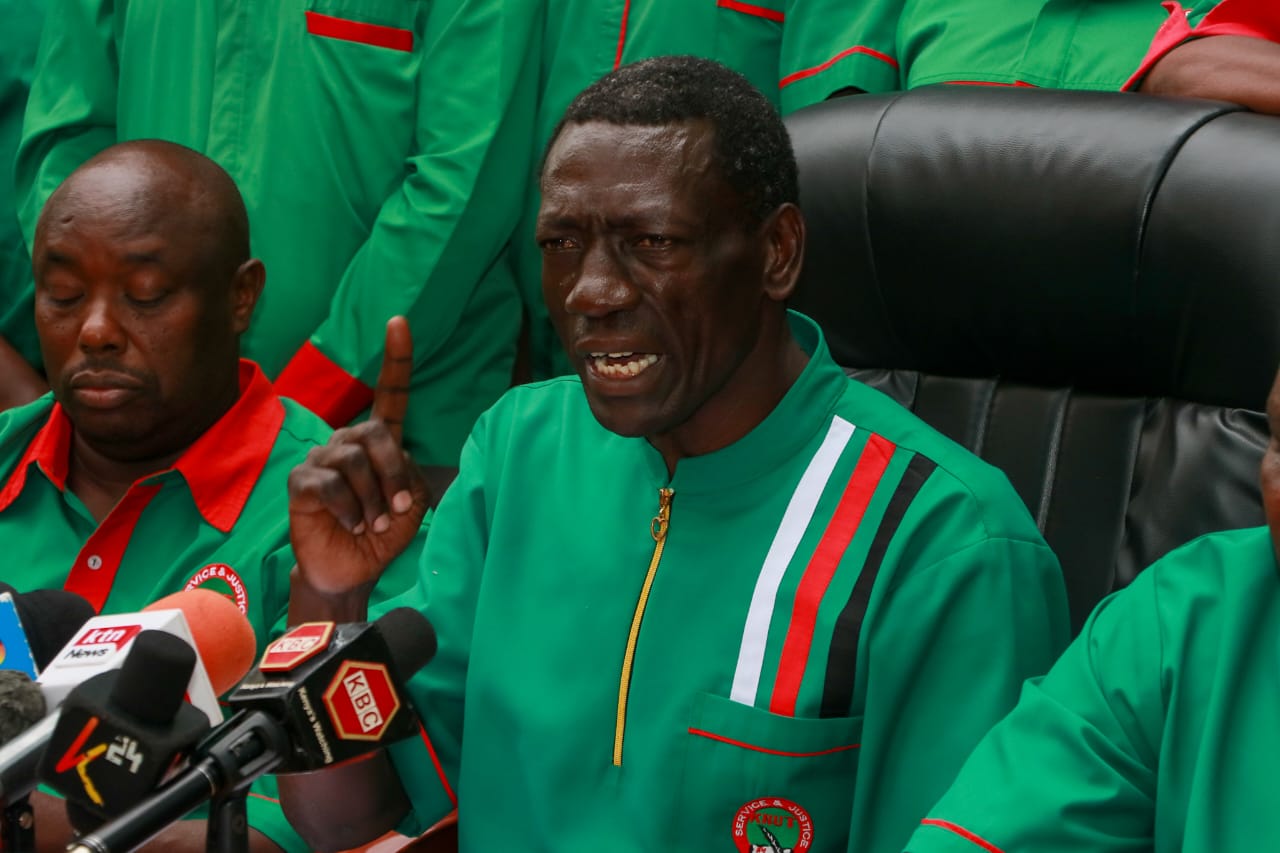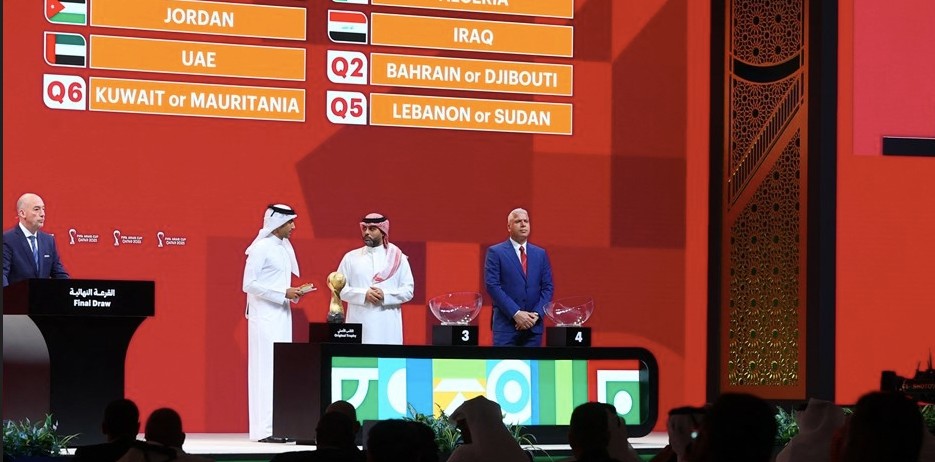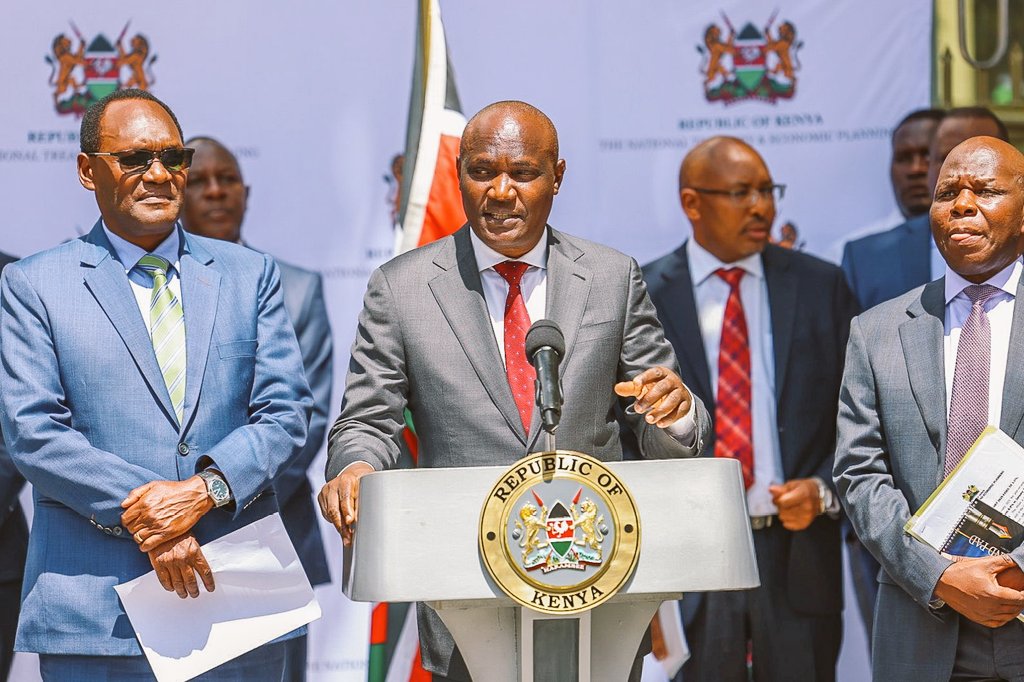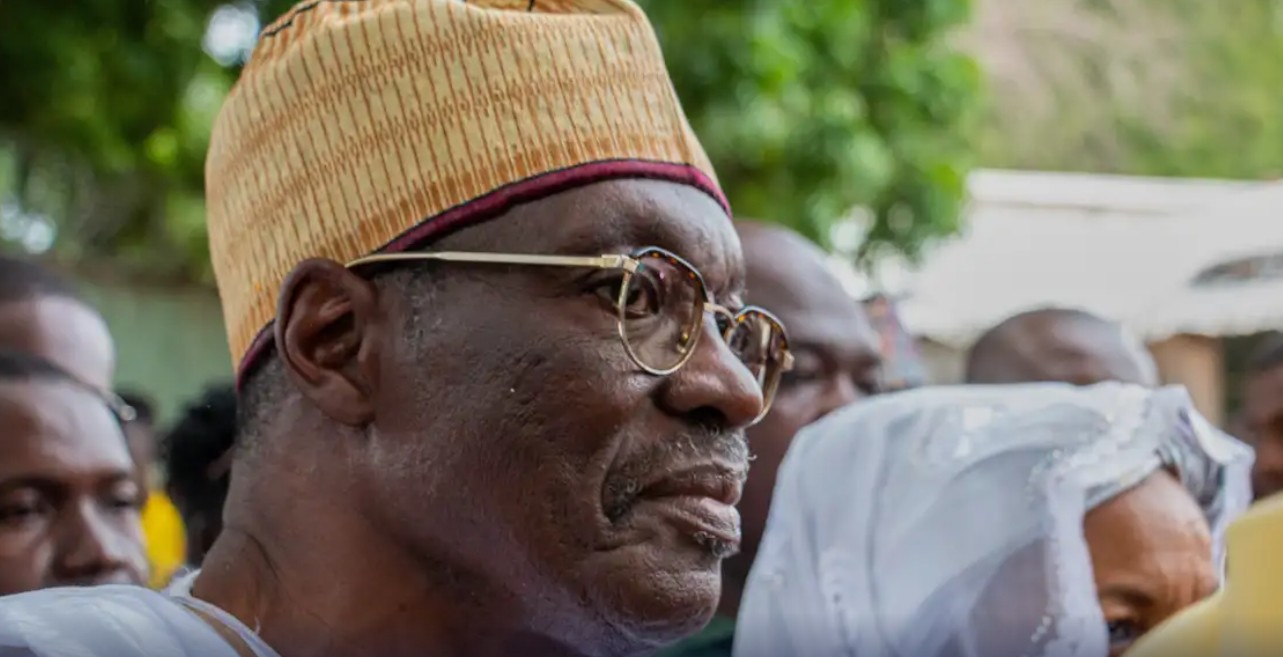Kenya to open electricity distribution market to private firms
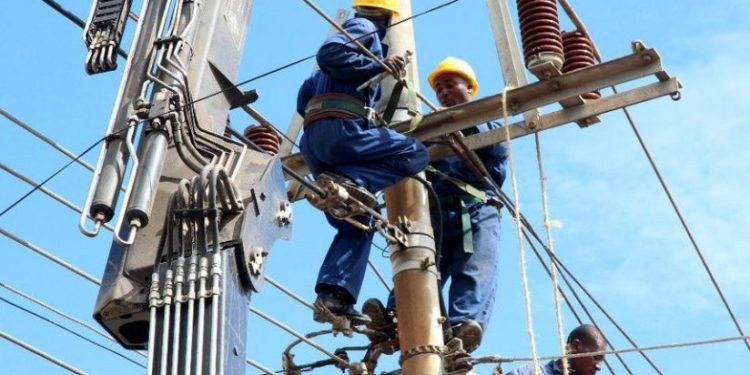
The move seeks to introduce competition to the sector dominated by Kenya Power, ultimately benefiting consumers through reduced power tariffs and improved service delivery.
Kenya's Energy and Petroleum Regulatory Authority (Epra) is proposing to open the electricity distribution sector to private firms, allowing them to import power from neighbouring countries.
The move, proposed by Epra, seeks to introduce competition to the sector dominated by Kenya Power, ultimately benefiting consumers through reduced power tariffs and improved service delivery.
More To Read
- Kenya Power rolls out digital meter reading system to boost billing accuracy
- Power producers warn of costly PPAs as Parliament lifts seven-year moratorium
- Kenya moves to end power shortages and lower electricity costs
- Kenya Power awards Sh3.5 billion in tenders to youth, women and PWDs
- Auditor General flags Sh1.37 billion overdue payments at KenGen amid rising debts
- Matatus take EPRA and City Hall to court over ban on passenger pickups at fuel stations
The proposal, outlined in the draft Energy Electric Power Undertaking Licensing Regulations, 2024, marks a pivotal moment in Kenya's energy sector.
The proposed regulations would grant firms licenses to import electricity for consumer use or export power to neighbouring countries. This move is expected to widen options for power distributors, foster increased competition, and drive down wholesale tariffs.
"The Authority may, on receipt of an application, grant the applicant any of the following categories of license: electricity export/import license, which shall entitle the holder to export or import electrical energy to or from another country," the regulations state.
Currently, Kenya Power holds the exclusive authority to sign electricity import agreements with foreign producers.
However, with the introduction of these new licenses, private firms will enter the fray, potentially reshaping the dynamics of the electricity market.
Regulatory oversight
Ethiopia and Uganda, boasting excess hydroelectricity, stand as potential suppliers to Kenya, offering a broader spectrum of energy sources.
However regulatory oversight remains key as firms must seek approval for consumer tariffs, akin to Kenya Power, whose tariffs undergo scrutiny by Epra.
This regulatory framework underscores the government's commitment to ensuring fairness and transparency in the energy sector.
The draft regulations signal a shift towards ending Kenya Power's longstanding monopoly.
The draft regulations will grant access to distribution and transmission networks to new entrants, thereby fostering increased competition and innovation.
Firms using Kenya Power and Ketraco's infrastructure will pay wheeling charges, a fee for using the transmission system.
The move comes at a crucial time as Kenya Power's customer base faces challenges, including blackouts and high electricity costs.
Many consumers, including prominent firms like East African Breweries Plc and Bamburi Cement, are increasingly turning to alternative energy sources such as solar, underscoring the need for reforms in the energy sector.
Top Stories Today
Reader Comments
Trending



